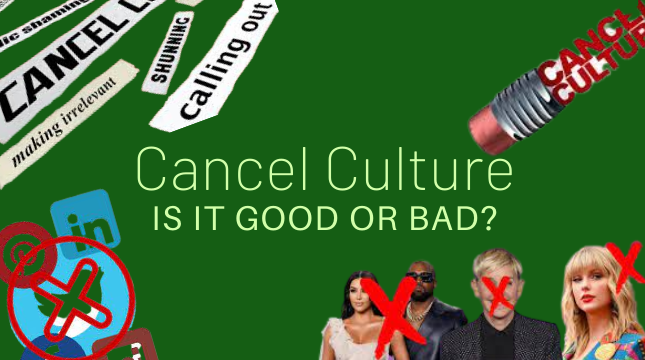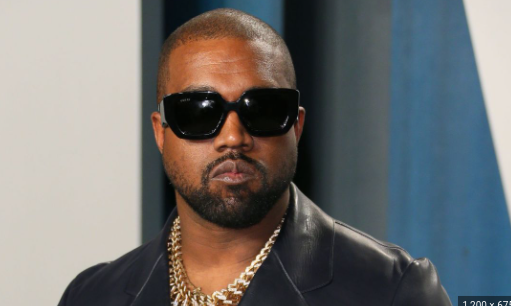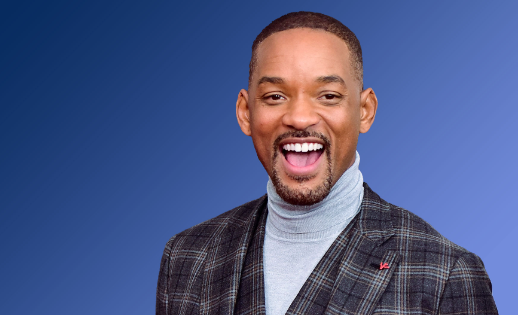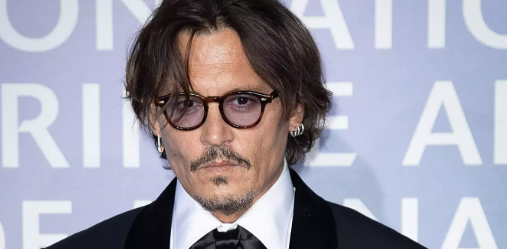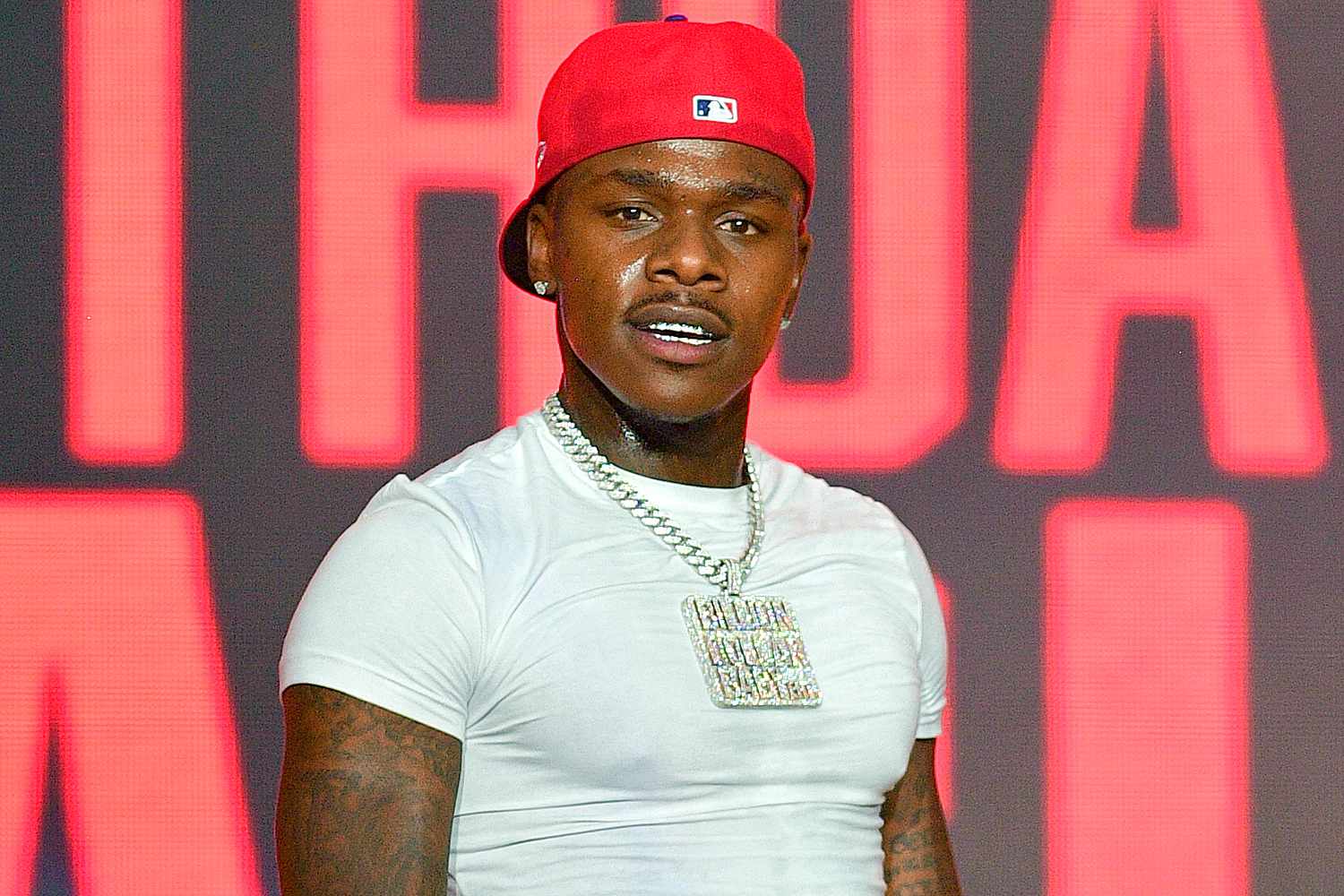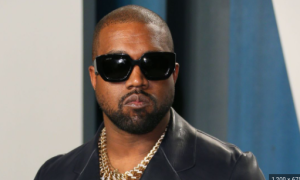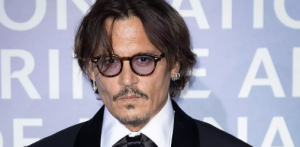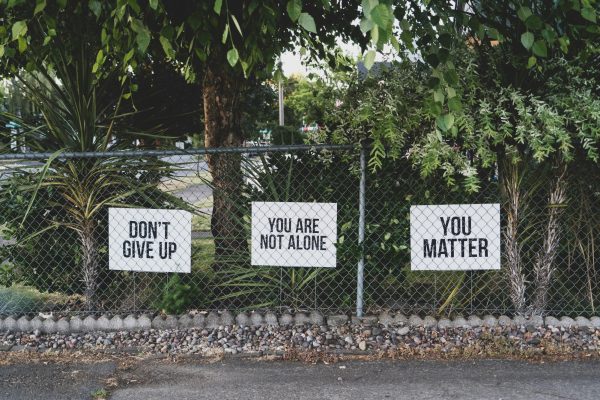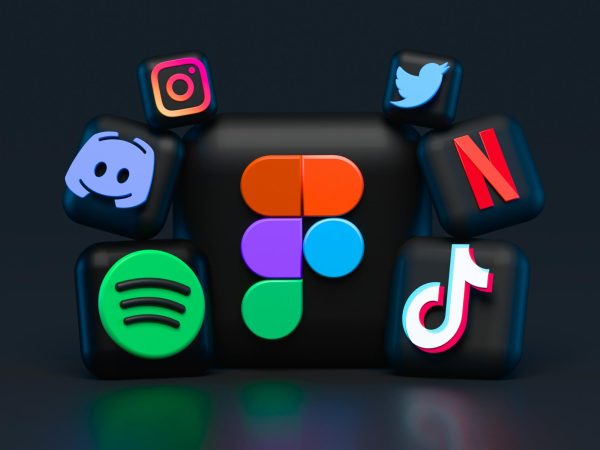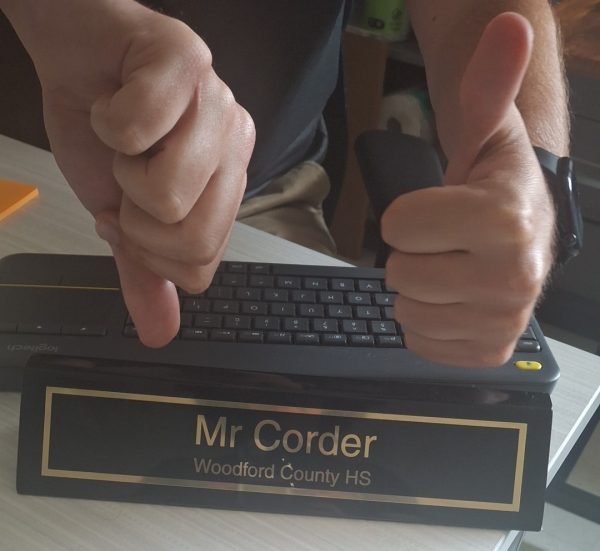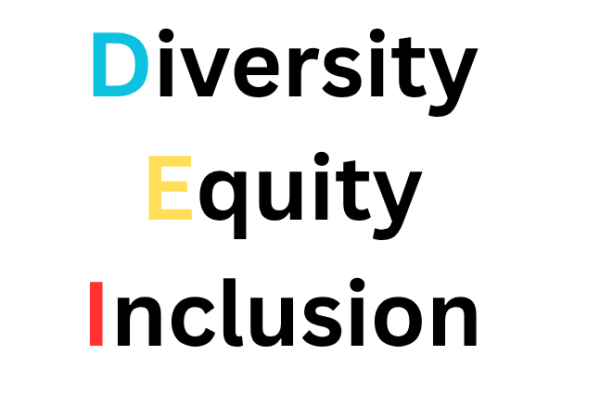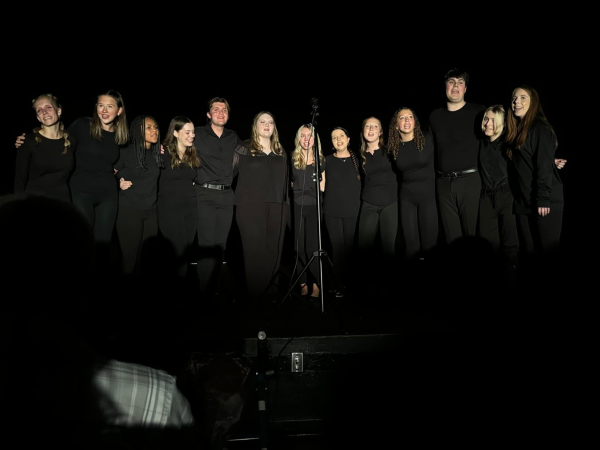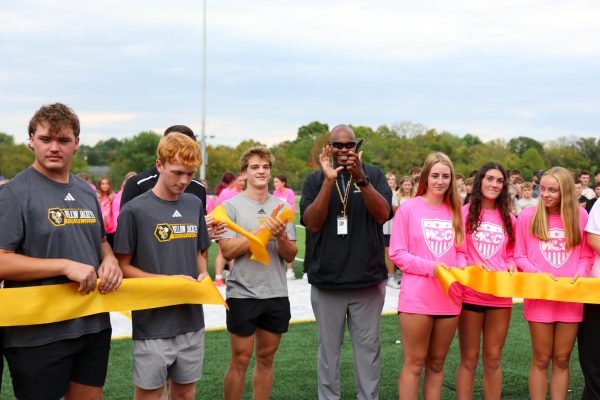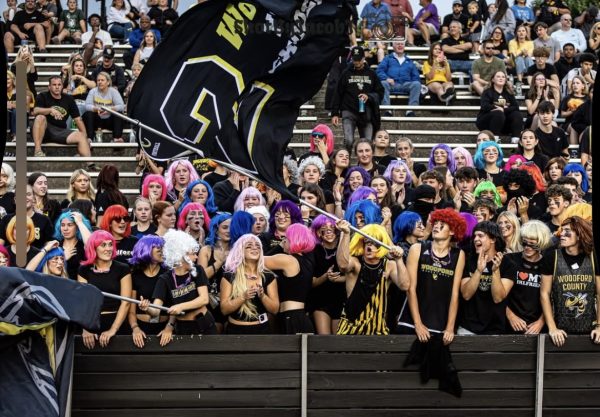Cancel Culture: Should we continue to use it?
The relatively new concept of cancel culture has taken the internet by a storm. To know more about it read below!
In the past century, we have seen technology and modern-day media evolve exponentially. We have gone from using My Space on computers that look like a box to watching hours of TikTok on our brand-new smartphones. Along with this new technology, also comes new online terms and concepts with ever-changing meanings. One term that has gained popularity in this new era is “canceled”, or the concept of cancel culture.
What is Cancel Culture?
Cancel Culture is the act of taking support away from someone because they have done something that society deems “unacceptable”. Taking away someone’s support in this case means fans collectively unfollowing and basically boycotting the media that this person puts out. Though most cases of cancel culture happen mostly over the internet, some have bled into a figure’s life, resulting in the loss of jobs, contracts, awards, and legal trouble.
Some of the most popular cases of cancel culture are:
Pro’s and Con’s
The concept of cancel culture has been questioned since its beginning. Questions like, “is this really efficient?” and “should someone really be canceled for something they did years ago?” linger around this popular concept daily.
According to, Britannica: Pro/Con, cancel culture can be both beneficial and hurtful.
Some “pros” of cancel culture according to this site are:
- “It allows marginalized people to seek accountability where the justice system fails.”
- “It gives a voice to disenfranchised or less powerful people.”
- “It is simply a new form of boycott, a cherished tactic in the civil rights movement, to bring about change.”
And the cons…
- “It amounts to online bullying, and can incite violence and threats even worse than the original offense being called out.”
- “It is not productive and does not bring about social change.”
- “It is a slippery slope and leads to intolerance in democratic societies as people systematically exclude anyone who disagrees with their views.”
What do the students of WCHS think of cancel culture?
When doing my research on this topic, I became very curious about how the students at my school felt about it. I sent the student body a survey asking the following questions:
- Do you know what cancel culture is?
- Do you think that cancel culture should exist?
- Has there ever been a person canceled as a result of cancel culture that you don’t think should have been? If yes, who?
I found that out of the 50 responses that I received, every single person knew what cancel culture was. For the second question, I received many interesting answers. One student said,
I 100% agree with this student. A magnifying glass is put over most celebrities when in reality, they are just as human as any of us. In a lot of cases, we cancel someone so hard for small things, that we don’t even give them an opportunity to learn from the mistake and become a better person. When it comes to absolutely unacceptable things like hate speech, assault, etc., people deserve to have their support taken away but not to get their life and safety threatened. Some people on the internet take things too far, and I think that is when cancel culture gets out of hand.
A common answer to question number 3 is Johnny Depp, who was canceled for something that he did not do. A lot of social media users see something online and believe it right away. If people stopped believing the first thing that they see and look deeper into serious situations like Depp’s, wrongful cancelations like this can be prevented.
Overall, I believe that cancel culture has evolved into a toxic form of social justice. It is a good attempt to hold people accountable for their actions but in many ways, it has gotten out of hand. With some changes, I think there are ways that we can hold people accountable without threatening them and completely ruining their careers. Though, I do think that Kanye West and Harvey Weinstein deserved the cancelations that they both got alongside some other celebrities.
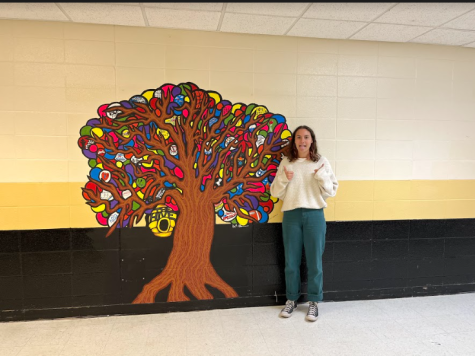
Logan is a senior at WCHS and this is her first year as an editor and her second year as a journalist for The Jacket Journal. In her free time, she enjoys...

